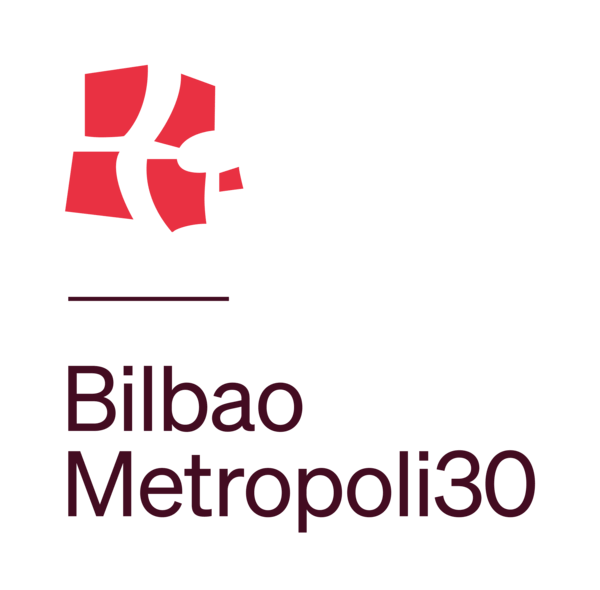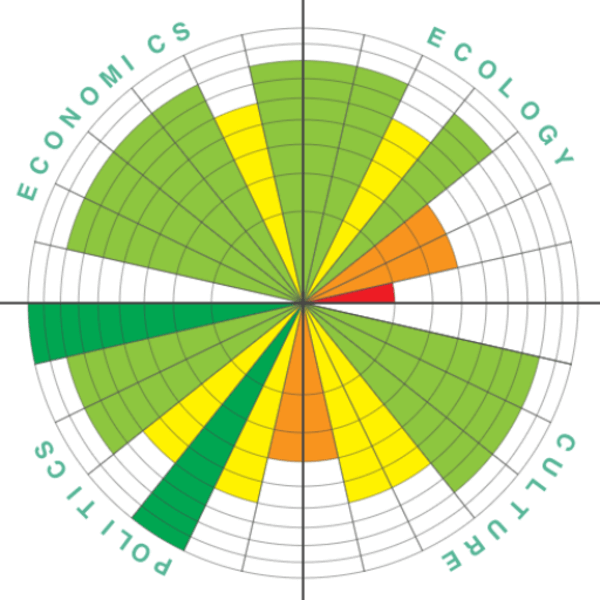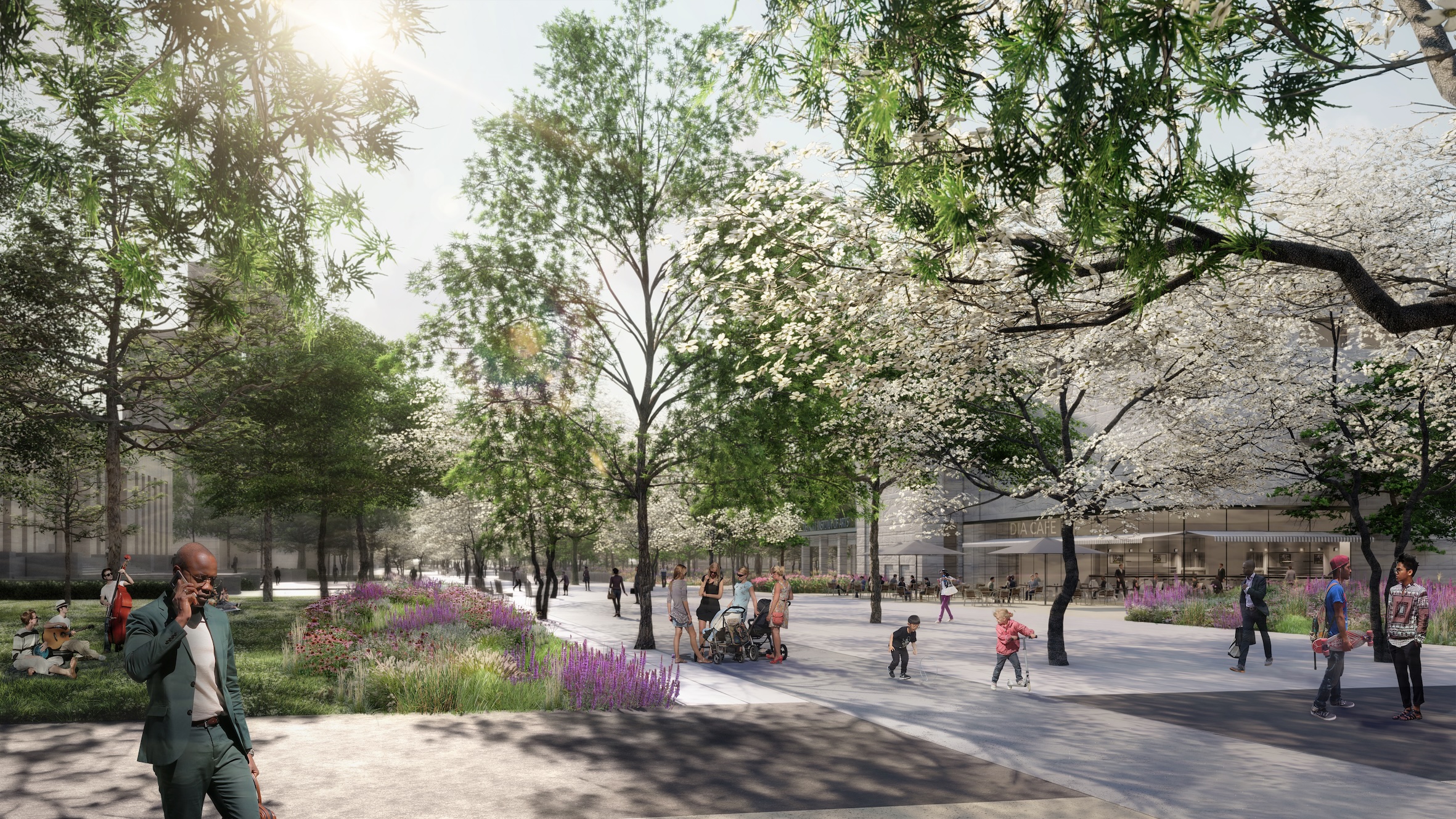 Detroit Cultural Center Planning Initiative - © Detroit Cultural Center Association
Detroit Cultural Center Planning Initiative - © Detroit Cultural Center Association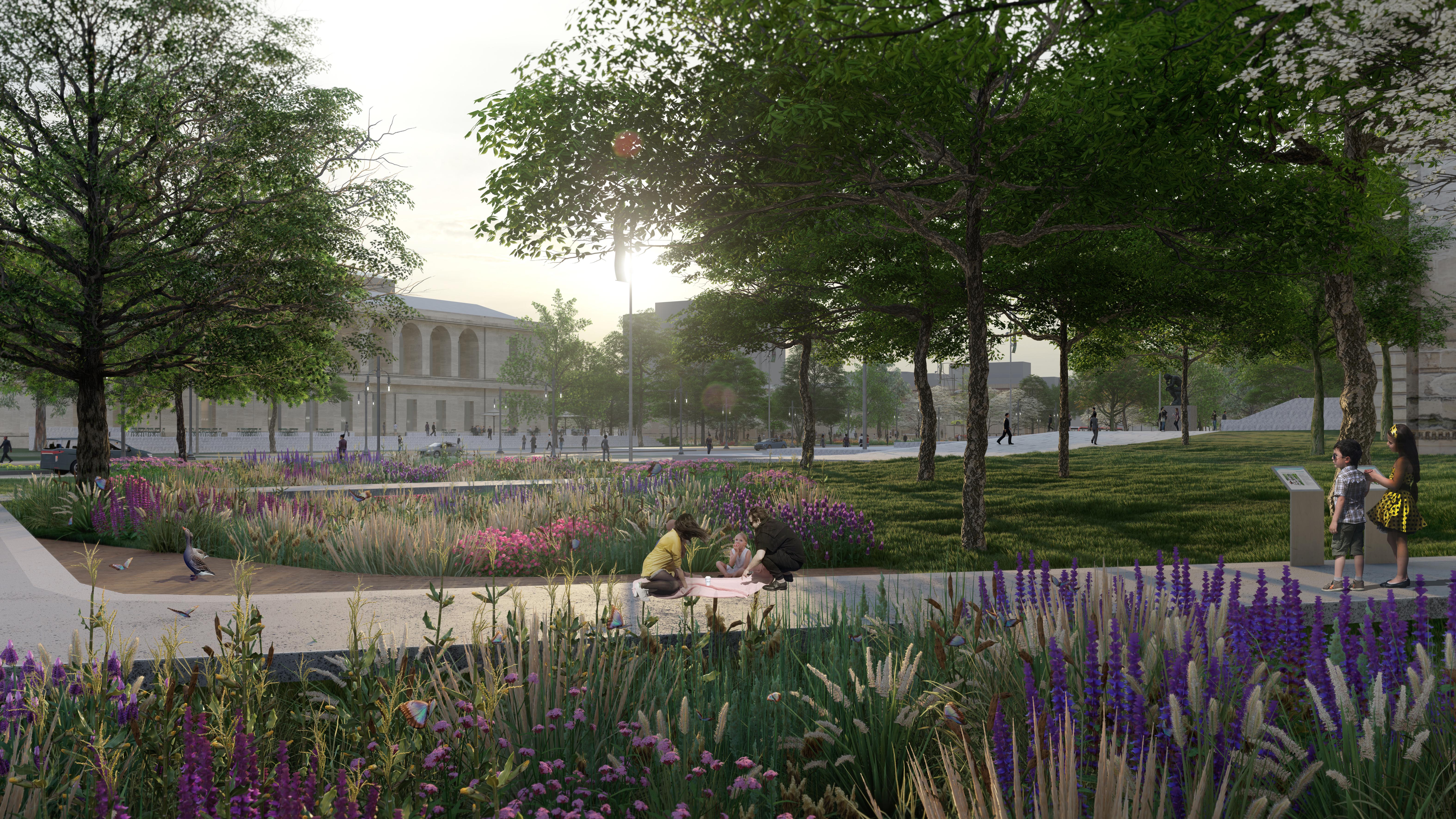 Detroit Cultural Center Planning Initiative - © Detroit Cultural Center Association
Detroit Cultural Center Planning Initiative - © Detroit Cultural Center Association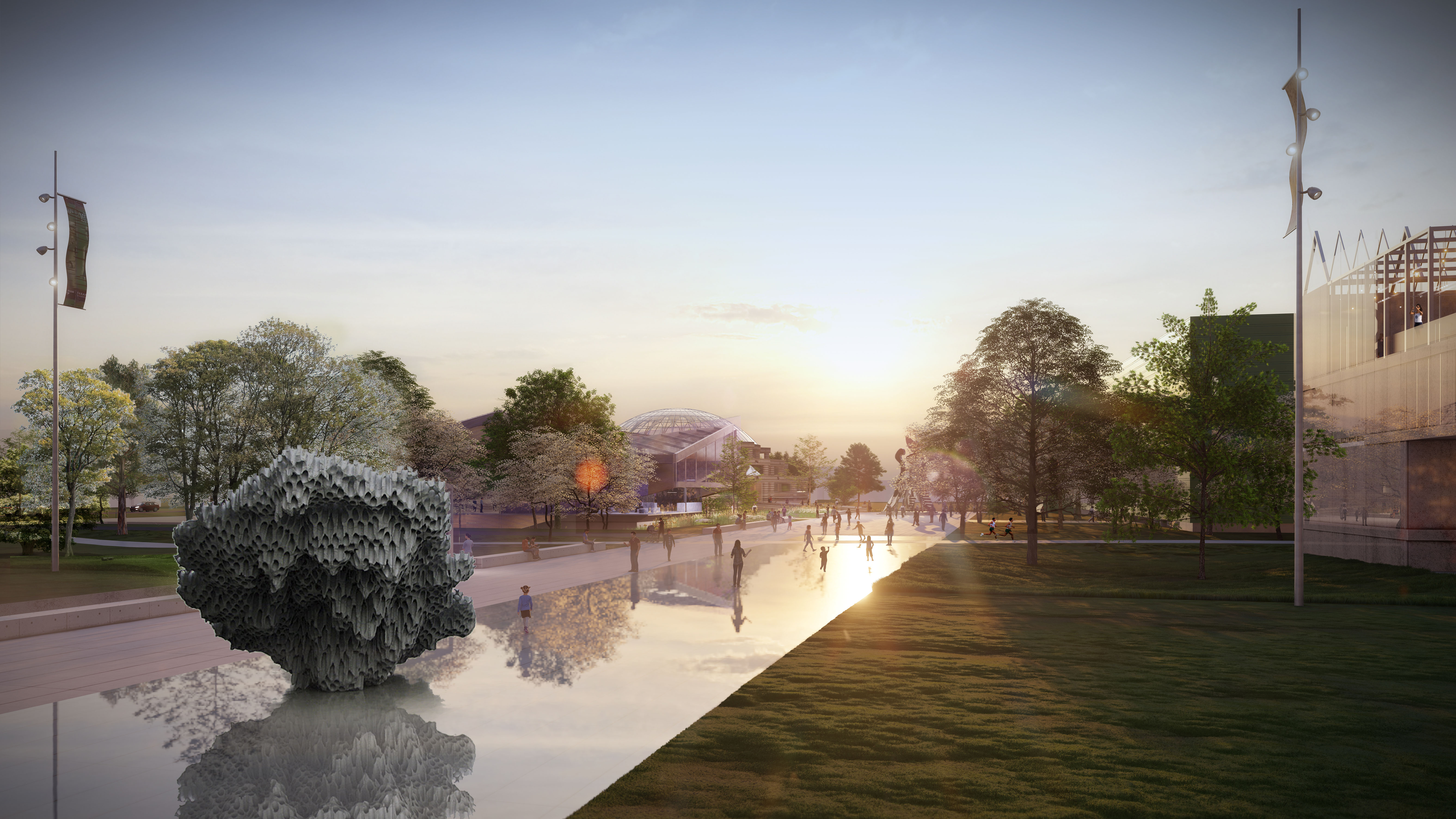 Detroit Cultural Center Planning Initiative - © Detroit Cultural Center Association
Detroit Cultural Center Planning Initiative - © Detroit Cultural Center Association
City
Detroit
Main actors
City Government, Research Institutes / Universities, NGO / Philanthropy
Project area
Inner City
Duration
2019 - 2022
The Detroit Cultural Center Association (DCCA), a non-profit organization, unites twelve of the city's leading cultural institutions with a bold mission: to establish a collectively stewarded, radically inclusive, and ecologically responsible cultural district. This initiative aims to spark urban vitality by forming an unprecedented alliance of actors from private and public sectors, all driven by the conviction that public space and cultural self-expression are fundamental human rights.
Winner of 2024's The Bay Urban Visioning Award, Partners in Progress, category and originally published here by Bilbao Metropoli 30.
The Detroit Cultural Center Planning Initiative (CCPI) marks a paradigm shift in urban transformation, pushing sustainable systems to the forefront to meet the escalating challenges of climate change. Traditionally, urban design relegated green and mobility initiatives to the margins—spaces leftover and unseen. CCPI reverses that approach, making climate adaptation fundamental to a lively cultural district, enriched by robust arts programming.
This effort is monumental, a collaboration that spans across the fabric of Detroit—from cultural powerhouses like the Detroit Institute of Arts and the Charles H. Wright Museum of African American History to architects, artists, engineers, and residents, flanked by governmental and utility sectors. This coalition has given rise to a bold, multidisciplinary strategy aimed at activating an 83-acre tract in midtown. They've established a nonprofit that combines rigorous urban planning with the demands of cultural stewardship, enhancing the interaction between public spaces and cultural life.
CCPI’s promised effects are considerable: the plan enhances the district’s tree canopy by 60% and reclaims 16 acres for public use. Innovatively, it integrates a watershed methodology to improve stormwater infrastructure, potentially reducing overflows by 40% and preventing 60million gallons of raw sewage from polluting the drinking water. The project re-envisions urban streetscapes, elevating pedestrian experiences over automotive dominance and converting 40% of the district's car-focused areas into dynamic public spaces through the relocation of parking underground. Additionally, it revitalizes over 3 million square feet of institutional space to improve access and enrich cultural offerings. These concerted actions are not merely structural improvements but deliberate strides against social inequality and environmental decay, reshaping the city’s fabric to forge a communal space that both mirrors and moulds Detroit’s identity.
CCPI, uniting diverse partners in a shared mission of urban reinvention, acknowledging and harnessing each participant's unique strengths, stands as a prime example of public-private-civic collaboration, aimed at significantly enhancing Detroit's competitiveness and the well-being of its citizens. Through this ambitious partnership, the CCPI seeks to shape a dynamic and inclusive future for Detroit by realizing the following objectives:
1. Enhancing Public Spaces: Reimagining the District’s streetscapes as a nexus for public life that disrupts the autocentric logics of Detroit urban fabric.
2. Connecting Institutions: Build vital links between cultural, educational, and civic institutions and the broader urban landscape through strategic, multidisciplinary collaboration.
3. Inspiring Regional Advancement: Motivate the entire region towards a higher quality of life by setting standards in urban development and cultural enrichment that inspire others to follow.
4. Healing Social and Political Divides: Through diverse, collective experiences that span cultural and communal activities, actively work to mend the deep-seated divisions that fragment our society and the city.
5. Advancing Lifelong Learning: Develop a campus dedicated to lifelong learning, where educational opportunities are abundant and accessible to all ages, encouraging continuous personal and professional growth.
6. Engaging Great Design: Commit to outstanding architectural and urban design that not only serves functional needs but also elevates the aesthetic and experiential quality of public spaces.
7. Inclusivity: Ensure that every initiative and development includes all community members, reflecting the diverse tapestry of the city and allowing everyone to benefit from and contribute to its growth.
8. Raising Environmental Consciousness: Integrate climate-adaptive infrastructure into public spaces not just functionally but as a form of art, making sustainability a visible and vital part of everyday life.
$29.15M USD raised to date for all CCPI activities, including the master plan and framework, programming, governance, free public wi-fi implementation, R&D for a new kinetic pavilion for the district, and pre-development costs for a Phase 1 capital project: the redevelopment of an underground parking deck.
Sources include:
- William Davidson Foundation
- Fred and Barbara Erb Family Foundation
- Knight Foundation
- Hudson Webber Foundation
- Gilbert Family Foundation
- Ralph C. Wilson, Jr. Foundation
- The Kresge Foundation
- Walters Family Foundation
- Community Foundation for Southeast Michigan
- Wayne State University
- National Endowment for the Arts
- Michigan Arts and Culture Council
- State of Michigan Appropriation
- Detroit Institute of Arts
Under the Detroit Cultural Center Initiative (CCPI), the collaborative efforts of the Cultural Center institutions have resulted in significant impacts:
1. Formation of the Detroit Cultural Center Association (DCCA): Established in March 2024, the DCCA serves as a collaborative platform to enhance regional culture through unified programming, shared services, and effective communication. It aims to create an inclusive and welcoming environment for all visitors, promoting social inclusion and cultural accessibility.
2. Installation of Free Public Wi-Fi: In partnership with Wayne State University, over 35 access points have been installed, with plans for 60 more, extending connectivity into surrounding neighborhoods. This initiative addresses digital inequality, as 41% of Midtown Detroit households lack broadband access. The network supports enhanced event programming, digital wayfinding, public safety, and interactive content, fostering a connected and informed community.
3. Collaborative Programming: New outdoor programs have been launched for events like DLECTRICITY, Noel Night, Concert of Colors, Juneteenth, and the New Standards Jazz Crawl. Additionally, the K-12 Educators Night was introduced, providing teachers with resources and experiences from the Cultural Center institutions, along with over 40 other nonprofits from the metro area. This initiative promotes cultural education and resource sharing.
4. Community Engagement: CCPI prioritizes public involvement, ensuring Detroiters and regional stakeholders are informed and can contribute to ongoing projects. Engagement activities have included:
- public selection of the master plan design team
- workshops with finalist design teams
- a storefront design studio for public interaction with the master plan team – Public sessions, town halls, and a virtual panel series
- public design presentations and a digital engagement platform (CCPI.online) - A comprehensive website detailing the master plan
- walking tours presenting the CCPI initiative
- Fundraising for the Phase 1 underground parking deck has been a challenge. As we have been required to keep the cost of parking affordable, $7-8 USD, we cannot bond for this project and are dependent on funds from both philanthropy and public sources. It is clear that many of the most obvious funders for this project do not want to be the first in, and want to be the last money in.
- The cost of installing free, outdoor public wi-fi has been more expensive than planned as many of our Cultural Center institutions have had to overhaul their interior electrical and fiber infrastructure, some of which the CCPI has had to absorb in its wi-fi costs.
- Not many people recognize this district as a Cultural Center. Many visitors come to one institution or another, but often don't visit multiple institutions in the same visit. We need to work quickly to position this district regionally and to continue to elevate the level of programming in the district, in order to remain competitive, especially as new cultural and innovation districts continue to form throughout the City of Detroit.
- Collaborating with our Cultural Center institutional partners has been instrumental to the success of our initiatives. The public Wi-Fi program, led by Wayne State University’s (WSU) Computing and Information Technology (C&IT) Department, exemplifies the power of leveraging institutional expertise. This partnership aligns with the goals of the Cultural Center Planning Initiative (CCPI), fostering shared services and collaboration to enhance efficiency and strengthen Detroit's cultural and educational ecosystem.
- Additionally, as a non-commercial entity, WSU operates under privacy laws such as the Family Educational Rights and Privacy Act (FERPA), ensuring user data is protected and not sold or exploited. This commitment to privacy and community service sets the initiative apart from private providers, reinforcing its mission to serve the public good.
On Map
The Map will be displayed after accepting cookie policy
